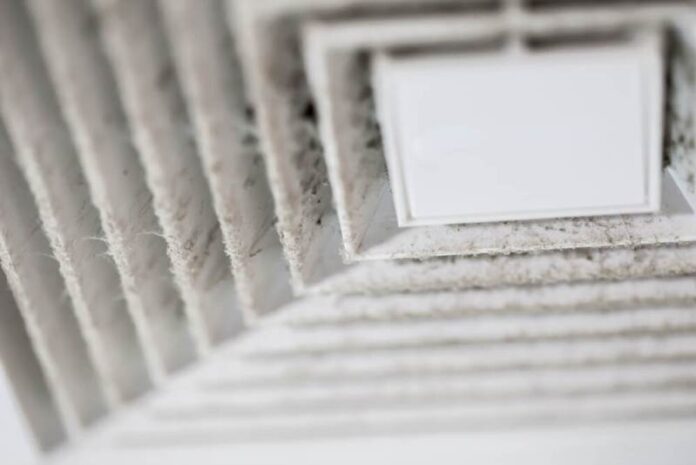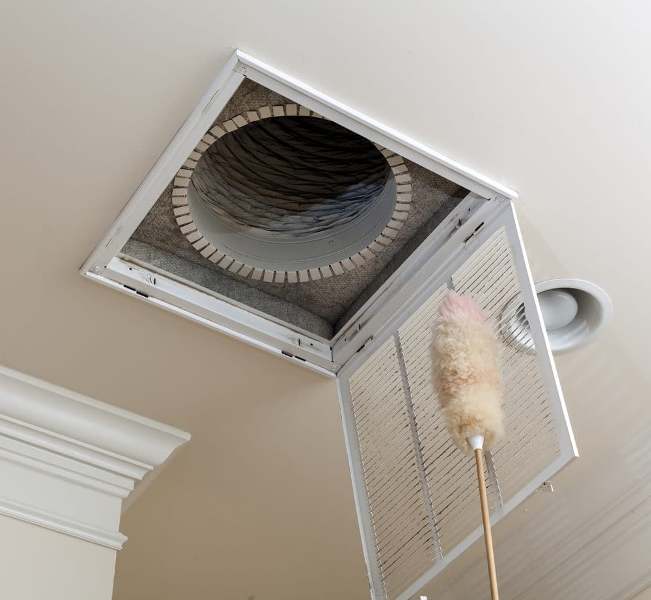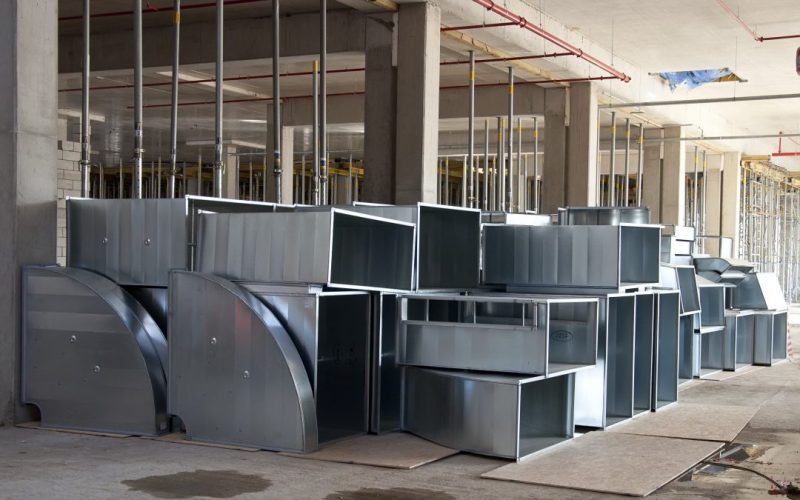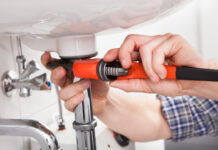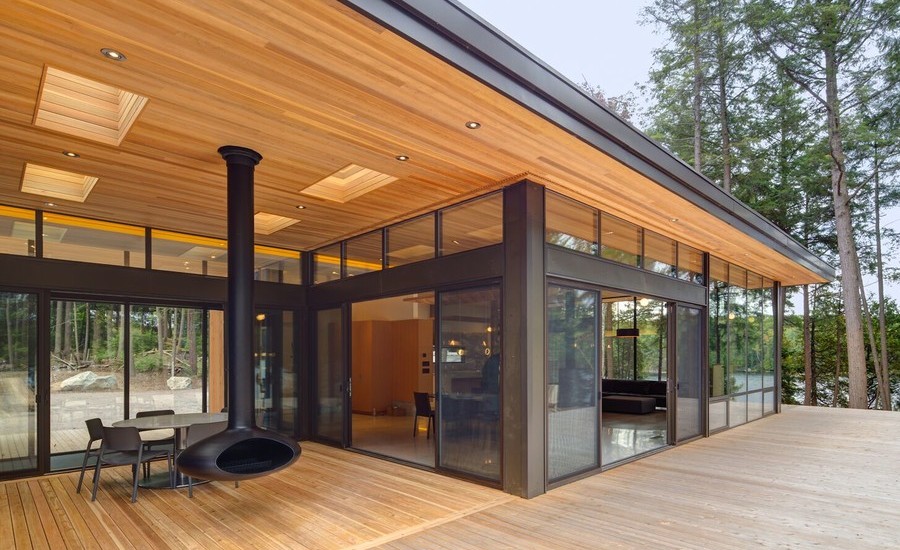Your home’s air quality is an important factor in your family’s health. Studies have shown that indoor air is often more polluted than outdoor air. From dust and allergens to VOCs from carpet, drapes, and furniture, to mold, your HVAC system is a key component for keeping your indoor air clean.
Today’s homes are often sealed extremely well with tight doors and multi-pane windows. As a result, you can experience excess moisture in your home. Excess moisture can lead to a number of problems including mold and mildew growth inside your home’s HVAC system and ductwork.
What Causes Mold Growth in Your HVAC System
There are several factors that promote the growth of mold and mildew in your HVAC system. These include:
Humidity
High humidity levels in the home are the biggest cause of mold and mildew growth inside your house and your HVAC system. Humidity is highest in the summer, although moisture can be a year-round problem indoors, including sources you might overlook like humidity caused by showers, baths, washing machines, and other appliances.
Condensation
When you run your HVAC, condensation accumulates in the air ducts due to moisture within the air. The cooling process creates a lot of moisture as it naturally removes it from the air. Normally, your system will drain condensation away from your home via the drain pans and condensate lines, however, when a malfunction or clog occurs, moisture can not escape and can become a problem.
Improper Ventilation
If your home is not properly ventilated, it causes stagnant moist air to form indoors. Any steam for example, from your shower, or cooking, or evaporating water creates more humidity that cannot be removed because of poor ventilation. This issue often arises as a result of bathroom exhaust fans, and range hoods that are not being used properly or have malfunctioned.
If you find mold in your home, if it is severe, you may need to hire a professional mold remediation service. A mold remediation service can help you to resolve the problem, and it can also help you to design a solution that can reduce your risk of future problems.
While a mold remediation service is necessary to clean up in cases of severe mold and mildew growth, taking some simple steps and performing regular maintenance can reduce your risks and keep your home’s air fresh, clean and healthy.
How to Prevent Mold in Your HVAC System
Mold is surprisingly easy to grow in an environment that is mist, with supplies of organic material, and temperatures ranging from 32 to 120 degrees. Your HVAC system is the perfect environment to promote mold growth unless to take proactive steps to prevent moisture, and “mold food” from accumulating in the ductwork. Here are some tips to help you prevent mold growth in your HVAC system.
Maintain the Drain!
If the drain pans are not cleaned and sloped properly and regularly, standing water will not drain and can accumulate in the drain pans. Water and bacteria in the pans will promote mold growth.
Clean Your Ductwork Regularly
Regular professional air duct cleaning will remove dust from your system and minimize the chance of mold taking hold. If you already have mold, duct cleaning will remove the mold from your central AC. A large diameter hose is connected to the return and then compressed air tools and brushes are used to clean the ducts. When the vacuum is turned on, it creates negative pressure. When the dust is loosened, it all gets sucked up by the vacuum.
Regularly Replace Air Filters
Wet or dirty filters do not trap dust, other contaminants, or mold spores efficiently. These particles will contaminate your system if you don’t change filters regularly – typically monthly.
Install a UV Light Into Your HVAC
UV light has been proven to kill mold and other microbes making it a great way to prevent mold from taking hold in your HVAC system. It’s typically installed in the indoor air handler and shines inside the unit 24 hours a day.
Whole-Home Dehumidifiers
If excessive moisture is a problem where you live, a whole-home dehumidifier is the best solution for reducing indoor moisture. When you have a dehumidifier working alongside your HVAC system, you’ll notice fewer health issues like allergies and asthma, and you’ll make your home less hospitable to mold.
The best way to protect your home from mold growth is to keep the moisture and humidity levels in your home under control. The less moisture, the less mold you’ll have. Keep your HVAC system maintained, periodically clean your ductwork, replace filters, and maintain proper drainage and you’ll keep your home mold free! If you do find mold, contact a professional mold remediation service to get it under control.

